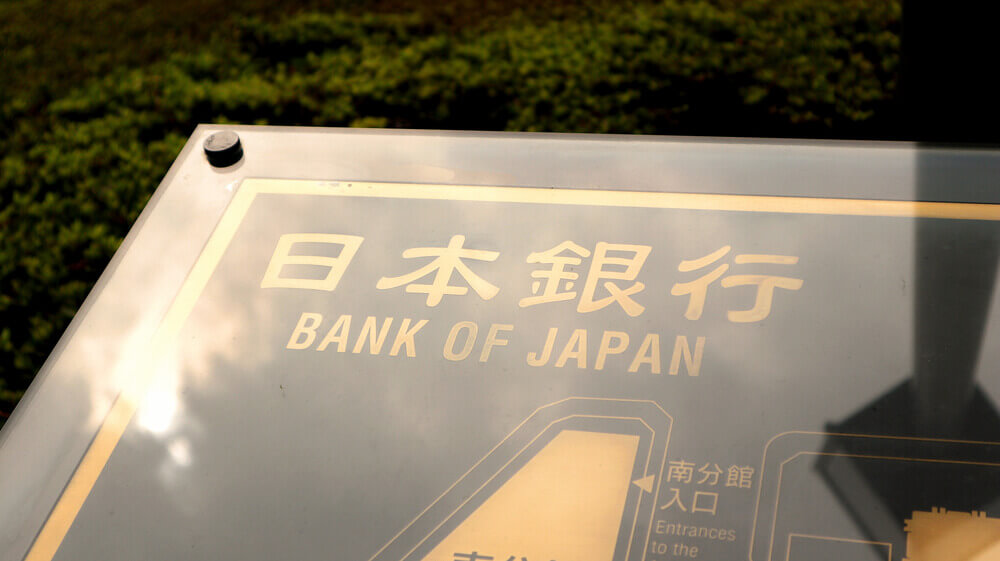Markets have had much speculation the BOJ would widen an implicit band set for its long-term interest rate target at a policy review in March. Moreover, allow yields to move higher.
However, Bank of Japan Governor Haruhiko Kuroda played down that possibility on Friday, saying he saw no need to widen that band. He underscored the need to keep borrowing costs low to support their economy.
The Japanese central bank caps the 10-year bond yield at around zero under a policy dubbed yield curve control (YCC). Currently, it allows the benchmark yield to move 40 basis points around its 0% target.
Kuroda told parliament that they would discuss it at the review in March. However, he said he doesn’t think it’s necessary or appropriate to widen the band sharply.
They need to keep the yield curve stably low, he said. It’s because the economy still suffering the blow of the COVID-19 pandemic.
The bank governor’s remarks sent yields on 10-year Japanese government bonds down three points to 0.105%.
Hopes for a strong post-pandemic recovery have lifted global yields. These include those for Japan where the 10-year yield has come near the BOJ’s implicit 0.2% ceiling.
A review of the policy framework.
March 18-19 will see a review of Japan’s policy framework. One of its key goals is to allow yields to move more flexibly around the BOJ’s target. This would make YCC more flexible.
Furthermore, it could also lead to higher borrowing costs for firms already struggling with the pandemic and a weak economy.
Kuroda stressed that risks to the outlook were skewed to the downside. He said the vaccine roll-out is encouraging, but uncertainty is still very high over the pandemic and its impact on the economy.
This March review will also seek ways to make buying of exchange-traded funds (ETF) more flexible.
The key would be to make the BOJ’s ETF-buying program nimble, the bank governor said. The bank would step in only when markets become volatile and lead to a sharp rise in risk premia.
Meanwhile, BOJ shares erased intraday gains to fall by their limit. They sank the most since December 1991 to 19%. This came after rising by the daily limit in each of the four previous sessions.
As the BOJ refers to them, the volatility or subscription certificates have puzzled the market participants’ minds.
The BOJ is unusually a listed central bank with stock that pays a tiny dividend and holds no voting rights. It doesn’t even hold shareholders’ meetings. In January, the stock traded at an all-time low.
Read also: Trade Horizon review | Is it a good Forex broker?











